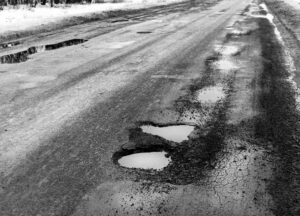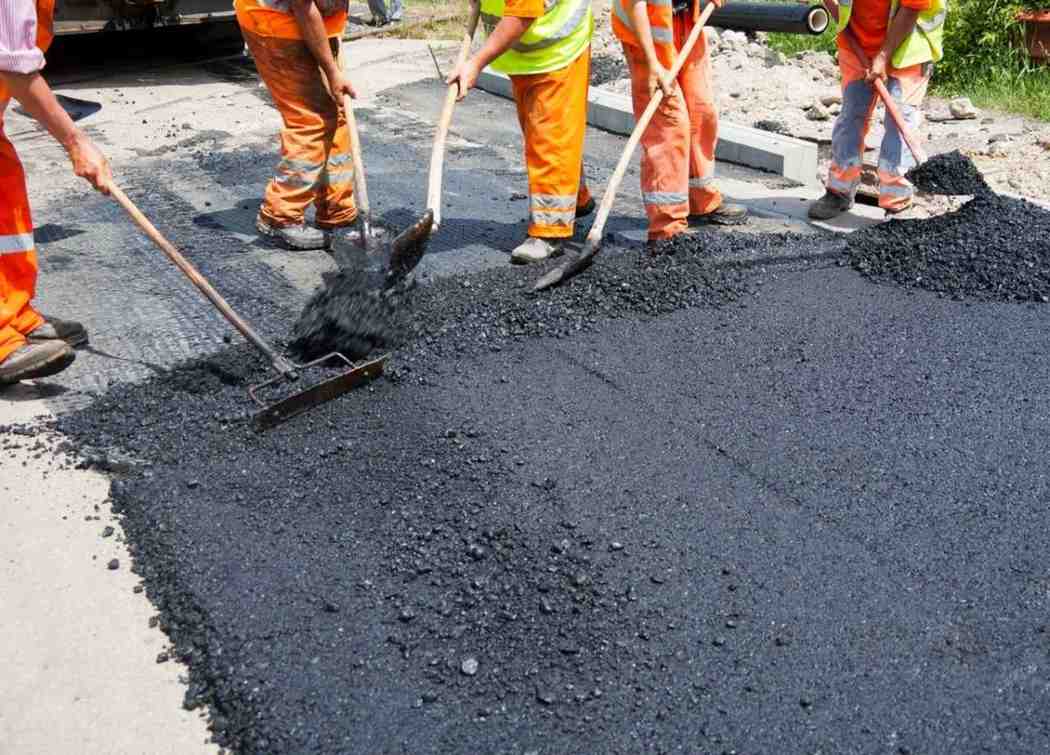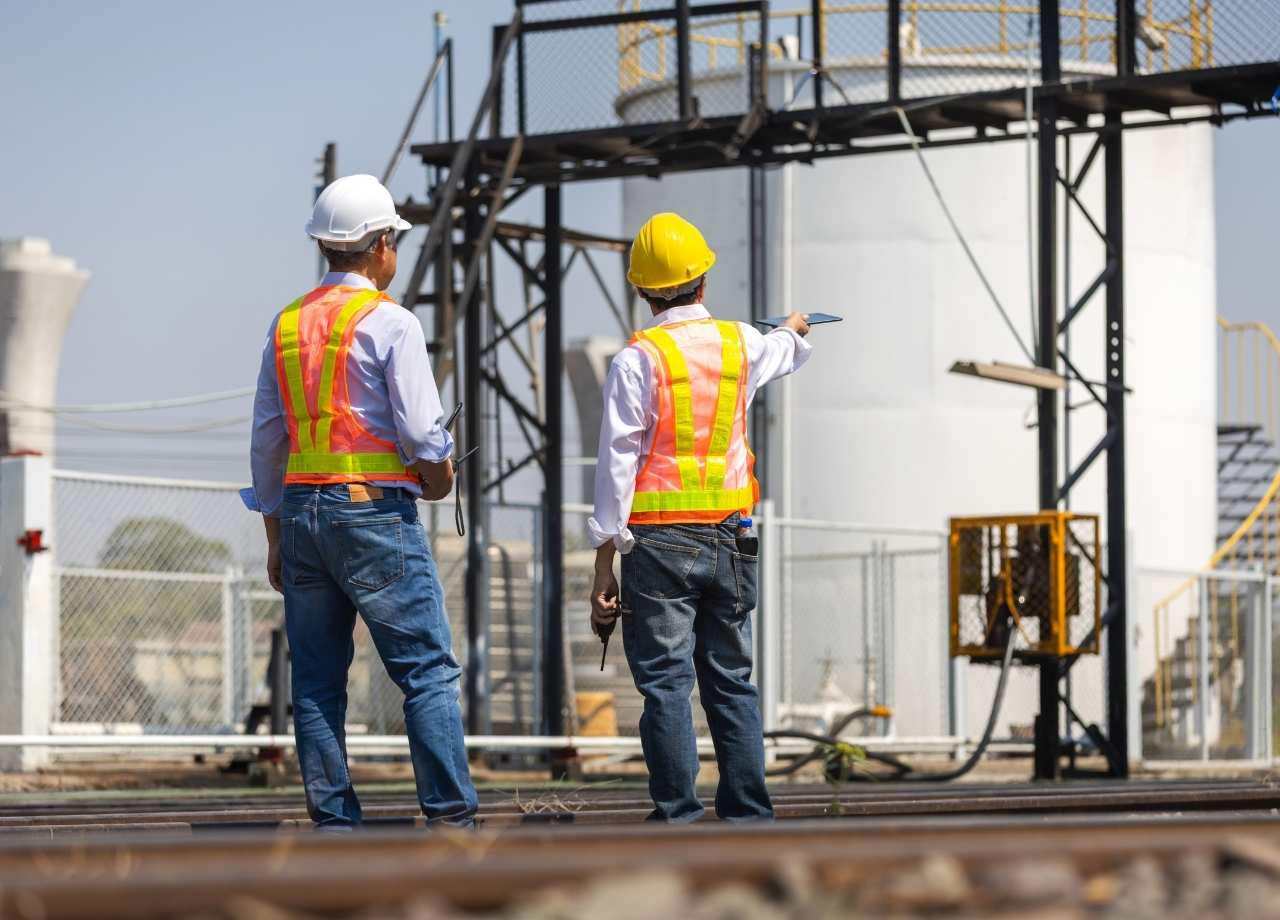Avoid Costly Mistakes: Pick the Right Asphalt Contractor
A well-paved driveway or parking lot is an investment that can last for years—if done right. A bad job, on the other hand, leads to early cracks, potholes, and expensive repairs. Many property owners assume that all asphalt contractors deliver the same quality, but that’s far from the truth.
Mistakes often start at the hiring stage. A low bid might look attractive, but it often comes at the cost of materials, proper site preparation, or skilled labor. Contractors who cut corners can cause long-term issues like premature crumbling or poor drainage. Once asphalt is laid, fixing mistakes is time-consuming and expensive, so getting it right the first time is critical.
Why Cheap Bids Often Lead to Expensive Problems
An unusually low price may seem like a great deal, but it often signals shortcuts that will cost more in the long run. High-quality asphalt paving requires proper base preparation, the right asphalt mix, and correct compaction techniques. Cutting corners in any of these areas reduces durability, meaning repairs or repaving may be needed far sooner than expected.
A contractor offering a suspiciously low bid may be:
- Using lower-quality asphalt with a high percentage of recycled material, which doesn’t hold up as well under traffic
- Applying asphalt too thinly, leading to premature cracks and surface wear
- Skipping essential steps like grading and compacting the sub-base, which causes sinking and drainage issues
- Hiring untrained labor or using outdated equipment, reducing overall workmanship quality
One commercial property owner learned this lesson the hard way after hiring a low-cost contractor to repave their parking lot. Within two years, deep cracks and potholes formed due to a poorly compacted base. The repair costs ended up being more than what they originally paid for the paving. Investing in quality work from the start could have prevented the hassle and expense of premature repairs.
Signs of a Reputable Asphalt Contractor
The best asphalt contractors have a solid reputation built on high-quality work, professionalism, and long-term customer satisfaction. A few key indicators separate reliable asphalt companies from those looking to make a quick profit.
Clear, Detailed Estimates
A trustworthy contractor provides a written estimate that outlines all project details. Instead of just listing a lump-sum price, a proper bid includes:
- Thickness of the asphalt layers
- Type of asphalt mix being used
- Base preparation details
- Expected project timeline
- Drainage considerations
- Warranty information
Vague or generic estimates often indicate a lack of transparency. Without specifics, it’s impossible to compare bids accurately or hold a contractor accountable for promised work.
A Strong Portfolio of Completed Projects
Reputable asphalt companies readily provide photos of past work or references from previous clients. Looking at finished projects gives insight into their quality standards. Long-term durability is a key factor—if previous clients report early cracking or other failures, that’s a red flag.
Checking online reviews also helps identify consistent patterns in customer satisfaction. Occasional negative reviews happen with any business, but repeated complaints about delays, poor workmanship, or unexpected costs should raise concerns.
Proper Equipment and Crew
A well-run asphalt operation has the right machinery for the job. Paving large areas requires heavy rollers, pavers, and grading equipment to ensure a smooth and properly compacted surface. Contractors relying on outdated or minimal equipment may struggle to achieve consistent results.
The experience level of the crew also matters. Skilled workers operate machinery efficiently, apply asphalt evenly, and ensure proper compaction. Disorganized crews, lack of coordination, or frequent mistakes during the paving process indicate a lack of professionalism.
Common Red Flags to Watch For
Certain warning signs indicate an asphalt contractor may not deliver the quality needed for a long-lasting surface.
- No Written Contract: A handshake agreement may seem convenient, but without a clear contract, there’s no way to enforce quality standards or timelines.
- Cash-Only Payments or Upfront Payment Demands: Requiring full payment before work begins is often a sign of an unreliable business. A reasonable deposit is normal, but full payment should only be made after satisfactory completion.
- Unmarked Trucks or No Business Address: A professional contractor operates with visible branding, an established location, and easily accessible contact information. Companies that seem temporary or hard to reach can disappear when problems arise.
- Pressure Tactics: Contractors rushing customers into immediate decisions often do so to avoid scrutiny. A quality company allows time for proper planning and decision-making.
- Leftover Asphalt Offers: Some contractors claim to have “extra asphalt” from a previous job and offer a discount for immediate paving. This often leads to rushed work, improper thickness, and a lack of proper preparation.
Materials and Installation Make the Difference
Asphalt quality varies significantly based on the mix used and the installation process. A properly paved surface depends on several key factors.
Proper Base Preparation
A stable sub-base is crucial for preventing sinking, cracks, and drainage problems. The ground should be graded, compacted, and reinforced as needed before any asphalt is applied. A contractor skipping these steps is setting the project up for failure.
Correct Asphalt Thickness
Thickness depends on the type of traffic the surface will handle. A residential driveway may require only a few inches, while a commercial lot handling heavy trucks needs a thicker layer. An experienced contractor calculates the correct depth based on expected use.
Proper Compaction
Compaction determines how well the asphalt holds up over time. Without sufficient rolling and compression, air pockets weaken the surface, leading to premature damage. A reliable contractor ensures the right equipment is used to achieve proper density.
Drainage Planning
Water is one of asphalt’s biggest enemies. Standing water weakens pavement over time, leading to cracks and potholes. Proper grading and drainage solutions ensure water flows away from the surface, extending its lifespan. Contractors who ignore drainage often leave behind problems that only become apparent after heavy rain.
Weather and Timing Affect Results
Laying asphalt in the right conditions is just as important as proper installation techniques. Temperature, humidity, and ground conditions all impact the final result.

- Cold Weather Risks: If asphalt cools too quickly, it won’t compact properly, leading to a brittle, uneven surface.
- Hot Weather Challenges: Excessive heat can make asphalt too soft, affecting compaction and increasing the risk of surface ruts.
- Moisture Issues: Paving over a wet base or during rainy conditions traps moisture, weakening the foundation and causing premature failure.
A professional contractor schedules work based on optimal weather conditions, ensuring the best possible outcome.
Warranties and Post-Job Support Matter
A well-done asphalt job should last years with minimal maintenance. Reliable contractors back their work with clear warranties covering materials and workmanship. If a company avoids warranty discussions or only offers vague guarantees, that’s a warning sign.
Post-job support also separates quality contractors from those just looking to complete a job and move on. Questions about sealing, maintenance, and expected wear should be answered clearly. A company standing behind its work provides guidance on keeping asphalt in top condition.
The Right Choice Saves Money in the Long Run
Choosing an asphalt contractor based solely on price often leads to disappointment and higher costs down the road. A well-paved surface requires proper preparation, quality materials, skilled labor, and attention to detail. Contractors willing to cut corners to lower costs often leave behind projects that require expensive fixes within a few years.
Taking the time to research contractors, ask detailed questions, and evaluate past work ensures a smarter investment. The right contractor delivers results that last, reducing long-term expenses and keeping asphalt surfaces in great shape for years to come. If you’re planning an asphalt project, make sure to choose wisely—your pavement’s longevity depends on it.






